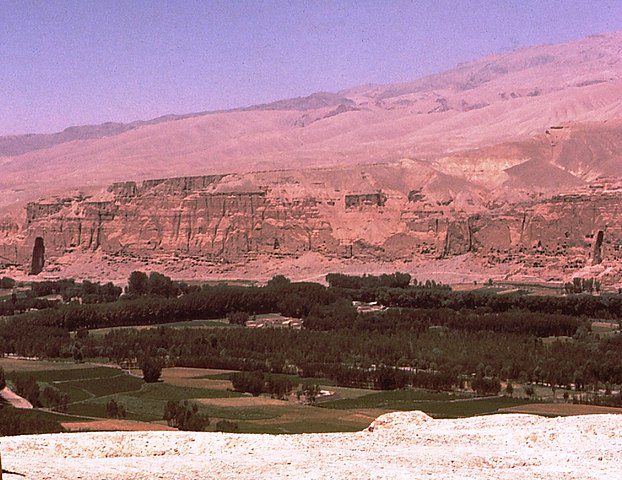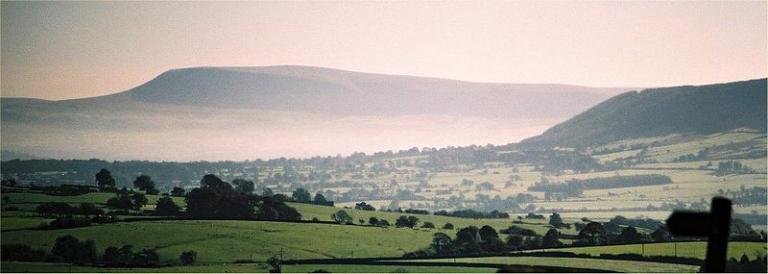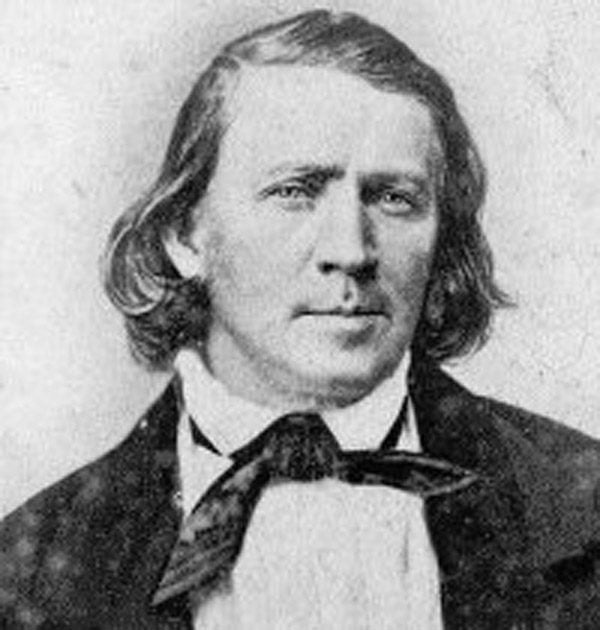
(Wikimedia Commons public domain image)
But, first, I call your attention to a couple of my typically mean-spirited and buffoonish crimes against humanity:
- “Beautiful Patience,” written by Daniel C. Peterson. “Abstract: Believers in the God of Abraham — who include not only Jews and Christians but also Muslims — are exhorted to call upon him every day, as well as in times of need. We are promised that he will respond to petitionary prayers. Moreover, we are assured that, in the end, believers will prosper, that their faith or trust in him will prove justified. But we are not promised that rewards, compensation, or justice will come to us on our mortal timetable — and this raises sometimes burningly acute questions about Providence and even, for more than a few, about either God’s benevolence, his care, or his sheer existence. So we are also exhorted to be patient. And that sets us up for many of mortality’s greatest tests. In the meantime, while faithfully waiting for God’s promises to be fulfilled, we ourselves are to work toward their fulfillment “with all [our] heart, as working for the Lord, not for human masters” (Colossians 3:23, NIV).
- I also have a quite unrelated article that just went up in Meridian Magazine: “Arguing for the Divinity of Jesus.”
Read them, if you’re up for stress and the soul-crushing horror. But you should probably be sitting first, and with a heart specialist nearby.

Now, though, on to my principal subject for the day: As I’ve mentioned here before, I recently re-read Eugene England, Brother Brigham (Salt Lake City: Bookcraft, 1980), and thoroughly, thoroughly, enjoyed it. I was consistently amazed at the similarity of Gene’s opinion of Brigham Young to mine. But then, maybe the similarity shouldn’t have been such a surprise. It may be that Gene’s view of Brigham Young was a formative influence on mine in the first place. After all, I first read it when it came from the press more than four decades ago, and I’ve re-read it at least once or twice since, prior to this last time.
One of the things that we intend to do as part of our forthcoming “Six Days in August” film project — at least as we currently envision it — is to illustrate how the Twelve were trained and equipped, without their being aware of it, for their eventual assumption of the overall leadership of the Church of Jesus Christ of Latter-day Saints. In its earliest days, the Quorum of the Twelve Apostles was assigned the responsibility for missionary work, which is to say that its focus was external to the Church. “Domestically,” as it were — that is, within the Church — “the high council” (which we now have in every stake) was entrusted with the management of affairs below the First Presidency, as distinct from “the traveling high council composed of the twelve apostles” (Doctrine and Covenants 102:30, dating to 1835). Here is a passage from Eugene England on that subject, specifically refer to their famous (and very successful) mission to the British Isles:
The winding-up actions of the Quorum, reported especially in their final epistle to the Church members in Britain, were directly responsive to Joseph’s counsel and well exemplify the unity and effectiveness the apostles had achieved, in good part through their increasing fidelity to him as their Prophet. Joseph Smith was extremely well pleased with the accomplishments implied in their epistle — both the great work that had been achieved and that which still lay before the British Saints — and he responded quickly and dramatically to the proven quality and solidarity of the Twelve and the demonstrated devotion and ability of the Quorum’s president. A few days after Brigham’s return from England the Prophet visited him in his home and conveyed a revelation to him:
Dear and well-beloved brother, Brigham Young, verily thus saith the Lord unto you: My servant Brigham, it is no more required at your hand to leave your family as in times past, for your offering is acceptable to me. I have seen your labor and toil in journeyings for my name. I therefore command you to send my word abroad, and take especial care of your family from this time, henceforth and forever. Amen.
And a month later, on August 16, 1841, at a special conference of the Church presided over by President Young, Joseph Smith made the momentous announcement “that the time had come when the Twelve should be called upon to stand in their place next to the first Presidency, and attend to the settling of emigrants and the business of the Church at the stakes.” Accordingly, the Twelve were established in their proper governing role over all the Church, and Brother Brigham was unknowingly embarked on the course which would lead beyond Carthage and would make him the Church’s second prophet and president and its leader to the west.
But for now he could only be grateful for a relatively stationary and peaceful ministry. On April 25, 1841, on the ship coming home, he tells us, “I felt as though I could not endure menny such voiges as I had indured for 2 years . . . and ware it not for the power of God and his tendere mercy I should despare. The single entry for 1842 in the two diaries covering this period is:
January 18th . . . This Evening I am with my wife alone by my fire side for the first time for years; we enjoi it and feele to prase the Lord.

(Wikimedia Commons public domain image)
Said Brigham Young, “I feel like shouting hallelujah, all the time, when I think that I ever know Joseph Smith, the Prophet whom the Lord raised up . . . and to whom He gave keys and power to build up the kingdom of God on the earth and sustain it” (Journal of Discourses 3:51)











